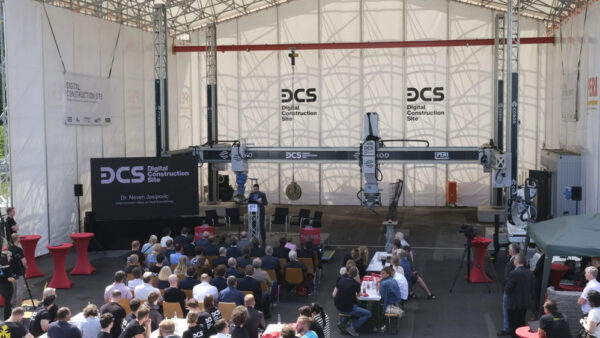The Sultanate of Oman has decided to put on hold its project to build the eastern section of the high-speed rail link that was to have linked all the Gulf Cooperation Council countries by 2018.
The decision follows an announcement in January by Etihad Rail, the developer of the UAE’s $11bn network, that it was suspending the tendering process for the second stage of its scheme.
The Times of Oman also reported that the contract with the private consultant that was to have managed the project has been cancelled. In February last year, a consortium headed by Spanish contractor Técnicas Reunidas won a tender to provide project management consultancy services for the network.
The newspaper quoted Mohammed Al Shuaili, the director of the Ministry of Transport, as saying: “The ministry has not cancelled the project but only delayed it as other Gulf countries have also decided to stop work on the project.”
Al Shuaili declined to confirm when the project would be relaunched, but told the paper: “Whenever the picture becomes clearer in the other part of the project, the ministry can assign the company to start working on it again.”
A shortlist of eight consortiums were chosen in October last year to compete for the contract to operate the first of the three phases of the network. These were
- Aurizon Operations
- FS Italiane, Almavia, Al Madina Logistics, Cavarail and Menarail Transport Consultant
- Freightliner Group, Oman Investment Corp and Network Rail Consulting
- Rites and Konkan Railway
- Al Bahja Construction, Advanced Rail Technologies and GB Railfreight
- Ubar & Swiss Railway Systems, Transnet SOC and Barbican
- Assignia Infraestructuras Oman, AsesorÃa Integral Ferroviaria, FGC and Zubair Corp
- Grindrod Mauritius
The 2,117km GCC railway network will eventually connect Kuwait, Bahrain, Saudi Arabia, Qatar, UAE and Oman.
Oman Rail invited expressions of interest in operating its section in May 2015, saying it was seeking international rail operators with “extensive technical and commercial experience combined with local market knowledge”.






